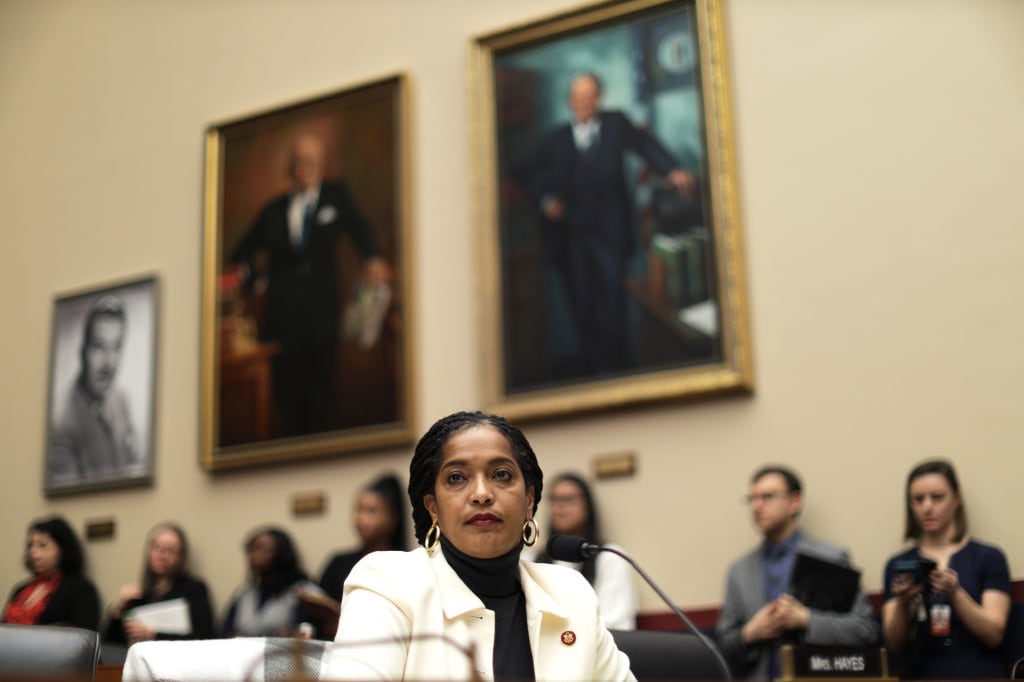As the education world waits to see if the federal government will spend big to help school districts weather looming state budget cuts, a familiar partisan divide emerged at a House education committee Monday.
Democrats made the case that the federal government hasn’t done nearly enough, noting the CARES Act passed in March won’t come close to filling the budget holes states face and arguing that inaction will mean teacher layoffs and other cuts. Republicans were more hesitant, saying that since much of the CARES Act money has yet to be spent and the economic picture remains murky, it’s not clear exactly what schools need.
“There has been no evaluation of how $30 billion in hardworking taxpayer money has been spent, yet here we are with Democrats pushing those same taxpayers to dole out more of their hard-earned money at a time when many Americans are being forced to tighten their belts,” said Rep. Virginia Foxx, a Republican from North Carolina.
Rep. Jahana Hayes, a Democrat from Connecticut and a former national teacher of the year, said the opposite approach was needed, and schools should benefit from generous federal help just as small businesses and nonprofits have.
“We invested $650 billion into the Payroll Protection Program,” she said. “The Constitution says nothing about small businesses, last I heard, but we knew that, because of the pandemic and what was going on, that this was something that we needed to make an investment in for the impending crisis.”
“We are always thanking teachers and talking about how wonderful they are and the herculean efforts that they are making, yet fail to invest when teachers need us,” Rep. Hayes said.
House Democrats already passed a large package of support for public schools, including nearly $1 trillion to help fill state and local coffers, but Senate Republicans have rejected it out of hand. Senate leader Mitch McConnell has indicated that some sort of economic stimulus package is likely.
The budget problem facing states is severe, since revenue has plummeted because of the coronavirus pandemic. In Ohio, the governor has already announced plans to cut $300 million in K-12 funding, and California’s governor has proposed billions of dollars of education cuts if the federal government doesn’t come through with relief. Colorado lawmakers just passed a budget that included a 5% across-the-board cut.
Nationwide, the Center on Budget and Policy Priorities is projecting state shortfalls of $615 billion over the next three fiscal years. (That’s slightly less dire than its previous estimate of a $765 billion shortfall.) The CARES Act provided just $100 billion, with $30 billion set aside for education.
During the last recession, Congress provided $60 billion for education in its stimulus package, Michael Leachman, vice president for state fiscal policy at the think tank, noted at the hearing.
“And the Recovery Act’s fiscal aid proved much too small and ended too soon,” Leachman said. “Congress simply must do better this time.”
Matt Barnum contributed reporting.






